Inflammation is a natural part of the body’s immune response, a cascade triggered to protect the body and maintain normal tissue repair. Acute inflammation is the body’s initial response to harmful stimuli in which plasma and immune cells are relocated from the blood into injured tissues. This movement is followed by a cascade of biochemical events which advance the normal inflammatory response. When inflammation is prolonged, it leads to a progressive shift in the type of cells present at the site of inflammation and is characterized by simultaneous destruction and healing of the tissue from the inflammatory process. Because inflammation plays a role in so many health challenges, it is essential to support and maintain a healthy cycle of inflammation to achieve optimal health.
Leaky Mend Cherry Plus
$88.00
CLINICAL APPLICATIONS
- Supports a Healthy Inflammatory Response
- Strengthens GI Barrier Function
- Boosts Immune Function
- Provides Key Nutrients for Cell Replication
- Increases Antioxidant Protection
This product is an advanced nutritional formula built to address immune challenges, maintain a healthy inflammatory response and strengthen gastrointestinal (GI) barrier function. It represents an innovative, multidimensional approach to providing powerful phytonutrients that support proper inflammatory control and overall gastrointestinal health. This product is an all-natural, fructose-free formula featuring 19 g of easy-to-digest organic brown rice protein and 4 g of soothing, flax-based fiber per serving. In addition, this product provides high amounts of L-glutamine and glycine, amino acids crucial for intestinal reinforcement and mucosal cell regeneration. This product is available in natural cherry, banana creme and orange flavors.
Overview
Turmeric (Curcumin)†
Curcumin is the active compound in turmeric, an orange- colored spice used for thousands of years in cooking and medicine. Curcumin has been shown to have strong NFkB- modulating properties and plays a crucial role in maintaining proper inflammatory balance. Studies have shown that curcumin specifically supports proper inflammatory balance in the most significant GI challenges.[1,2] Curcumin has been found to both promote GI mucosal health and help reduce stomach lining discomfort.[3] It provides antioxidant protection in the cardiovascular system.[4] Curcumin has also been shown to improve mood imbalances and adrenal fatigue by supporting a normal immune response, reducing oxidative stress and intestinal hyper-permeability.[5]
Green Tea Extract (EGCg)†
Green tea, used for centuries as a health tonic, is a potent antioxidant and is effective for maintaining healthy levels of inflammation. Its most researched active component, EGCg, has been repeatedly shown to protect against free radical damage and balance markers of inflammation. EGCg has been found to block NFkB activity and supports cardiovascular health by interfering with free radical generation in macrophages.[6] In studies, green tea has been shown to reduce histamine- producing cells[7] and support inflammatory balance. It has also been shown to inhibit key enzyme pathways involved in inflammation which play a key role in joint health.[8]
Arabinogalactan†
Larch arabinogalactan is a fermentable polysaccharide fiber from the Larch tree that supports healthy immunity by supporting the growth of beneficial gut flora and strengthening the activity of NK cells.[9] It has been found to minimize ammonia synthesis and absorption, enhance production of short chain fatty acids and increase the population of beneficial gut microflora. In one placebo-controlled, double- blind, randomized trial, arbinogalactan was found to boost immune activity and support upper respiratory health.[10]
Skullcap Root Extract†
This popular Chinese botanical has been shown to maintain markers of inflammation and support cardiovascular health.[11] Skullcap possesses potent antioxidant properties. Research has shown it attenuates NFkB and inhibits COX-2 expression.[13] It also supports healthy respiratory function by protecting airways and protecting mitochondrial function.[12]
Quercetin† A flavonoid found in a variety of botanicals, vegetable and fruits, quercetin is a potent antioxidant that inhibits inducible ICAM-1 expression, an important pathway for maintaining healthy levels of inflammation.[13] It has also been shown to enhance epithelial barrier function in the intestines[14] by stabilizing mast cells through the release of cell protective factors. Quercetin has been shown to promote the balanced release of inflammatory mediators from mast cell.[15]
Glutamine and Glycine†
Amino acids L-glutamine and glycine are essential for healthy gut mucosa and normal tissue repair. Numerous studies have shown these amino acids to be soothing to the GI lining.[16] The amino acid L-glutamine have been associated with better immune response, stronger intestinal wall lining and higher antioxidant capacity.[17] Recent research also highlights the synergistic role between these amino acids and healthy balance of probiotic bacteria in the GI tract.[18]
Vitamin D†
One of the key functions of vitamin D is its ability to tighten gap junctions in the intestinal lining creating a strong effective barrier that protects the body. Recent research suggests that improving vitamin D status significantly affects the expression of genetic pathways linked to immune activity.[19] Vitamin D up-regulates specific genes that increase cellular production of natural compounds that protect us against pathogens.[20] Higher blood levels of vitamin D have been shown to enhance immune function and soothe tissues of the GI tract.[21]
References
- Kumar S, Ahuja V, Sankar MJ, Kumar A, Moss AC. Curcumin for maintenance of remission in ulcerative colitis. Cochrane Database Syst Rev. 2012 Oct 17;10:CD008424.
- Baliga MS, Joseph N, Venkataranganna MV, Saxena A, Ponemone V, Fayad R. Curcumin, an active component of turmeric in the prevention and treatment of ulcerative colitis: preclinical and clinical observations. Food Funct. 2012 Nov;3(11):1109-17.
- Bengmark S, Mesa MD, Gil A. Plant-derived health: the effects of turmeric and curcuminoids. Nutr Hosp. 2009 May-Jun;24(3):273-81.
- Kapakos G, Youreva V, Srivastava AK. Cardiovascular protection by curcumin: molecular aspects. Indian J Biochem Biophys. 2012 Oct;49(5):306-15.
- Lopresti AL, Hood SD, Drummond PD. Multiple antidepressant potential modes of action of curcumin: a review of its anti-inflammatory, monoaminergic, antioxidant, immune-modulating and neuroprotective effects. J Psychopharmacol. 2012 Dec;26(12):1512-24.
- Li M, Liu JT, Pang XM, Han CJ, Mao JJ. Epigallocatechin-3- gallate inhibits angiotensin II and interleukin-6-induced C-reactive protein production in macrophages. Pharmacol Rep. 2012 Jul;64(4):912-8.
- Melgarejo E, Medina MA, Sánchez-Jiménez F, Urdiales JL. Targeting of histamine producing cells by EGCG: a green dart against inflammation? J Physiol Biochem. 2010 Sep;66(3):265-70.
- Singh R, Akhtar N, Haqqi TM. Green tea polyphenol epigallocatechin-3-gallate: inflammation and arthritis. Life Sci. 2010 Jun 19;86(25-26):907-18.
- Kelly GS. Larch arabinogalactan: clinical relevance of a novel immune-enhancing polysaccharide. Altern Med Rev. 1999 Apr;4(2):96-103.
- Riede L, Grube B, Gruenwald J. Larch arabinogalactan effects on reducing incidence of upper respiratory infections. Curr Med Res Opin. 2013 Mar;29(3):251-8.
- Li-Weber M. New therapeutic aspects of flavones: the anticancer properties of Scutellaria and its main active constituents Wogonin, Baicalein and Baicalin. Cancer Treat Rev. 2009 Feb;35(1):57-68.
- Mabalirajan U, Ahmad T, Rehman R, Leishangthem GD, Dinda AK, Agrawal A, Ghosh B, Sharma SK. Baicalein reduces airway injury in allergen and IL-13 induced airway inflammation. PLoS One. 2013 Apr 30;8(4):e62916.
- Bito T, Roy S, Sen CK, et al. Flavonoids differentially regulate IFN gammainduced ICAM-1 expression in human keratinocytes: molecular mechanisms of action. FEBS Lett. 2002 Jun 5;520(1-3):145-52.
- Amasheh M, Schlichter S, Amasheh S, Mankertz J, Zeitz M, Fromm M, Schulzke JD. Quercetin enhances epithelial barrier function and increases claudin-4 expression in Caco-2 cells. J Nutr. 2008 Jun;138(6):1067-73.
- Penissi AB, Rudolph MI, Piezzi RS. Role of mast cells in gastrointestinal mucosal defense. Biocell. 2003 Aug;27(2):163-72.
- Wang WW, Qiao SY, Li DF. Amino acids and gut function. Amino Acids. 2009 May;37(1):105-10.
- Bonet A, Grau T. [Glutamine, an almost essential amino acid in the critically ill patient]. Med Intensiva. 2007 Oct;31(7):402-6.
- Dai ZL, Wu G, Zhu WY. Amino acid metabolism in intestinal bacteria: links between gut ecology and host health. Front Biosci. 2011 Jan 1;16:1768-86.
- Hossein-nezhad A, Spira A, Holick MF. Influence of vitamin D status and vitamin D3 supplementation on genome wide expression of white blood cells: a randomized double-blind clinical trial. PLoS One. 2013;8(3):e58725.
- Cannell JJ, Vieth R, Umhau JC, Holick MF, Grant WB, Madronich S, Garland CF, Giovannucci E. Epidemic influenza and vitamin D. Epidemiol Infect. 2006 Dec;134(6):1129-40.
- Pappa HM, Grand RJ, Gordon CM. Report on the vitamin D status of adult and pediatric patients with inflammatory bowel disease and its significance for bone health and disease. Inflamm Bowel Dis. 2006 Dec;12(12):1162-74.
DIRECTIONS
Mix 2 scoops (52.4 grams) of this product with water or the beverage of your choice, once daily or as recommended by your health care professional.
DOES NOT CONTAIN
Gluten, yeast, artificial colors, and flavors.
CAUTIONS
Do not consume this product if you are pregnant or nursing. Consult your physician for further information. This product contains corn.
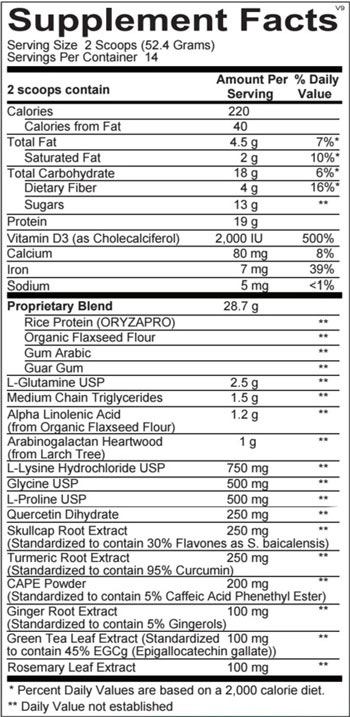
† This statement has not been evaluated by the Food and Drug Administration. This product is not intended to diagnose, treat, cure, or prevent any disease.

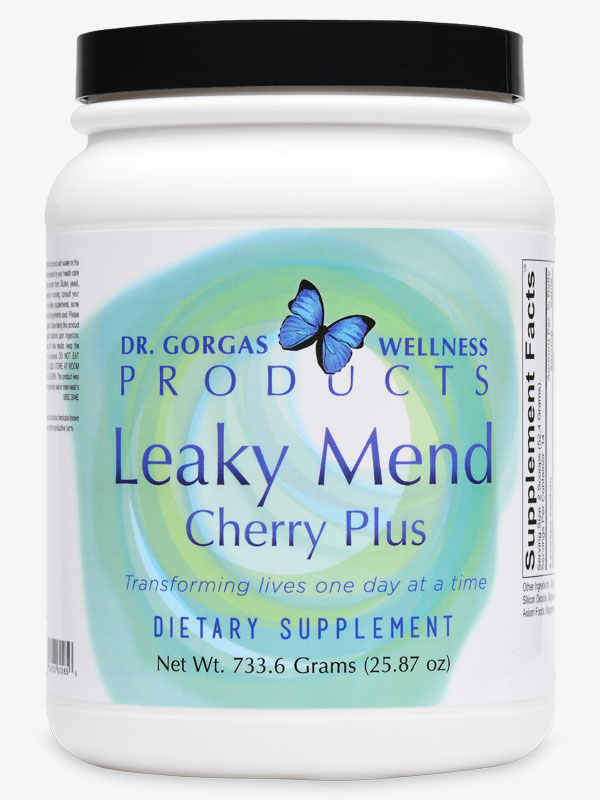
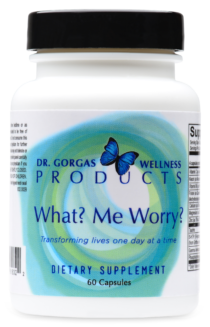
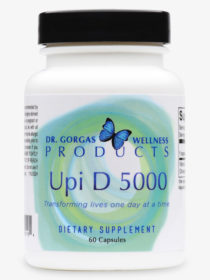

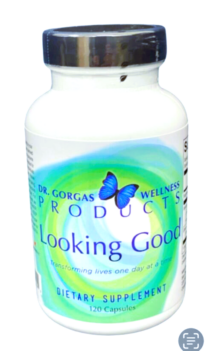
Reviews
There are no reviews yet.